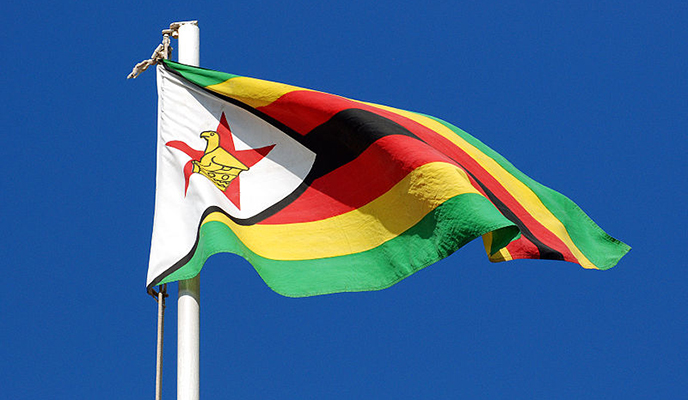Annually in August, Zimbabwe remembers its national liberation struggle heroes. And it is the correct thing to do. This, despite arguments that the definition of a national hero has been politicized by the ruling Zanu Pf party to mean only those that were part of the Zimbabwe African National Liberation Army (ZANLA) or the Zimbabwe People’s Revolutionary Army (ZIPRA). Or founding nationalists and activists of either Zanu PF and PF ZAPU.
A view that was most stridently observed by former president Robert Mugabe when in a speech delivered in early 2013 he pronounced that those who were complaining of their leaders being denied national hero status were better off building their own commemorative shrines.
It was a statement which left a sour taste in the mouths of many Zimbabweans. This was mainly because of the narrowness of its import and its immediate indication of ‘exclusivity’ of hero status to the ruling party. Even in death.
Of late Mugabe’s successor, Emerson Mnangagwa has sort of gone on a different trajectory. He has bestowed national hero status on some who do not fit into Mugabe’s previously strict criteria. Luminaires such as musician Oliver Mtukudzi and even nationalist but by the time he passed was an opposition leader Dumiso Dabengwa come to mind. Further to this Mnangagwa appears to have also ‘de-territorialised’ the Heroes Acre by accepting individual family requests that they bury the national hero at a place of their choosing. And not as is tradition, at the actual national heroes acre in Harare.
It is an interesting development in the fact that it sort of depoliticizes defining a national hero. Though this remains to a greater extent the prerogative of the president and the ruling party. It also in contradiction to its purported intent, makes the actual Heroes acre remain exclusive to those that the ruling party prefers to bury there.
But I guess what is important is not so much where one is buried but the contribution to the liberation struggle or our post-independence national democratic public interest. All of which can be measured in reality or inferred by popular public opinion.
Because of the passage of time between the liberation struggle and the present, together with highly partisan perceptions of what it is a national hero, we tend to forget the actual struggle against minority settler colonial rule. And its somewhat understandable. National imaginations do not find new life in dwelling on the past. Especially in our contemporary times where we appreciate more the immediate than what occurred in order to found the nation that is called Zimbabwe. Or in particular, we would not easily want to remember or acknowledge the immense personal sacrifice and bravery of those that took up arms in the 1890s and from the late 1960s-1980 against colonial repression. And even those that we in those liberation struggle periods we were either temporarily defeated by and eventually overcame do not prefer for us to have long memories of the same.
So literature and objective cultural products about our struggles for liberation are becoming fewer and scarcer. Or are now limited to burial ceremonies and the disparaging of war veterans for their never ending demands on the state based on their own assumptions of the exclusivity of their personal sacrifices. Ideally issues of the welfare of war veterans should have been resolved at least in the first ten years of our national independence. But they were not and probably won’t be a for a while yet.
All of these contradictions about hero status’ are however not reflective of the meaning of the liberation struggle in its own occurrence. And this is the most significant point I wish to make here. With heroes’ day we do not just remember individuals, we remember in particular the pain that was the liberation struggle in its fullness as well as its eventual necessity. At that time. While we now have the benefit of hindsight of this remembrance, where occasionally we may find fault with how the struggle may have been waged or who was more authentic than others in it, the essential point is to acknowledge the broad vision and mission of the struggle itself. And to measure if indeed we are still focused on its people centered objectives that many took up arms for.
I will end with a bit of an anecdotal narrative. I have known a number of former freedom fighters a bit personally. Two are my blood brothers. Others were post independence development or democracy activists. The most prominent of whom were Cdes Dzinashe Machingura or Cde Dzino as he was affectionately known. And Cde Freedom Nyamubaya who was also a writer and rural development practitioner. In my conversations with all of them, they would lament the chasm between the ideals they were fighting for and the ambiguous and contrarian reality that they lived out after independence itself. Not for themselves and their welfare. But in relation to the country as a whole.
What I know is that this is the gap that we must fill and bring our country closer to the ideals of the liberation struggle from a reality in which we are walking in the opposite direction, away from them.



